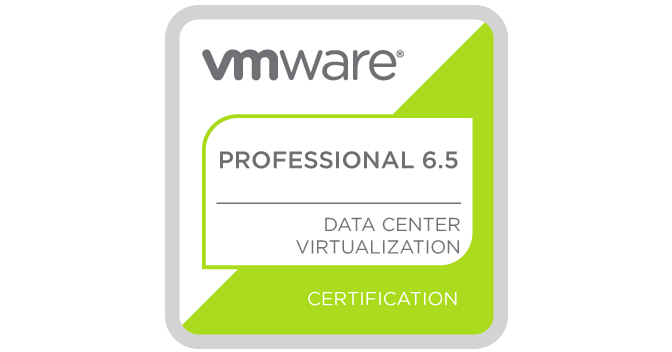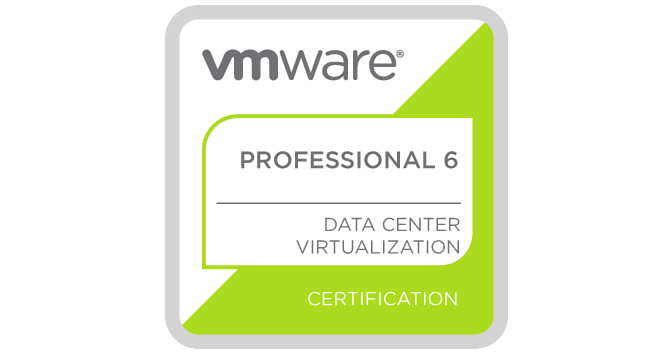Are you confident in your organization's DevOps capabilities? As technology evolves and the software development landscape becomes more competitive, it's essential for organizations to continuously assess and optimize their DevOps processes. Microsoft DevOps Capability Assessment can help you quickly identify areas for improvement, ensuring that your team is performing at the highest level across the entire software release lifecycle.
In this article, we'll explore the concept of a DevOps Capability Assessment, its benefits, and how it can help your organization stay ahead in the game. Based on Microsoft DevOps practices, our assessment methodology will provide you with actionable insights to help your team excel.
What is a DevOps Capability Assessment?
Microsoft DevOps Capability Assessment is a comprehensive evaluation of an organization's DevOps processes, tools, and culture. The assessment aims to identify strengths and weaknesses in the current DevOps approach, pinpoint areas for improvement, and provide tailored recommendations to optimize performance across the entire software release lifecycle.
Why is a DevOps Capability Assessment Important?
-
Continuous Improvement: Regular assessment of your DevOps capabilities ensures that your organization is consistently improving and adapting to new industry standards and best practices.
-
Identify and Address Weaknesses: The assessment can quickly uncover gaps in your DevOps approach, helping you allocate resources and prioritize improvements effectively.
-
Streamline Processes: By identifying inefficiencies in your DevOps processes, the assessment can help you streamline workflows and improve collaboration between teams.
-
Improve Quality and Speed: A robust DevOps assessment helps your organization reduce errors, accelerate software releases, and enhance the overall quality of your products.
-
Align with Industry Best Practices: Following a DevOps Capability Assessment based on Microsoft DevOps practices, your organization can align its processes with industry-leading standards.
How Does a DevOps Capability Assessment Work?
Microsoft DevOps Capability Assessment follows a structured approach that examines various aspects of your organization's DevOps environment. The process includes the following steps:
-
Discovery: The assessment begins with a thorough analysis of your organization's existing DevOps processes, tools, and culture. This involves interviews with key stakeholders, review of documentation, and examination of infrastructure and tools.
-
Assessment: Based on the discovery phase, Microsoft evaluates your organization's DevOps maturity across multiple dimensions, such as culture, automation, measurement, and sharing (CAMS). This allows us to identify strengths, weaknesses, and areas for improvement.
-
Recommendations: Based on the assessment findings, Microsoft DevOps Capability Assessment provides tailored recommendations to address gaps and optimize your DevOps capabilities. These recommendations may include process improvements, tooling changes, or cultural shifts.
-
Roadmap Development: Microsoft DevOps Capability Assessment helps you create a prioritized roadmap to implement the recommendations and achieve your desired DevOps maturity level.
-
Continuous Improvement: As your organization evolves and adapts to new DevOps practices, Microsoft continues to support you in maintaining and enhancing your capabilities through periodic assessments and ongoing guidance.
Microsoft DevOps Practices: A Proven Framework for Success
Microsoft DevOps practices are a set of methodologies and principles that have been proven to drive success in software development and operations. By incorporating Microsoft DevOps practices into our DevOps Capability Assessment, we ensure that your organization benefits from a well-established and recognized framework. These practices emphasize the following key areas:
-
Collaboration and Communication: Microsoft DevOps practices promote open communication and collaboration between development and operations teams, fostering a culture of shared responsibility and accountability.
-
Automation: By automating repetitive tasks, such as builds, deployments, and testing, Microsoft DevOps practices help to reduce errors, increase efficiency, and enable teams to focus on delivering high-quality software.
-
Continuous Integration and Continuous Deployment (CI/CD): Microsoft DevOps practices advocate for the adoption of CI/CD pipelines, which streamline the software release process and ensure that code is always in a releasable state.
-
Monitoring and Feedback: Regular monitoring of application performance and gathering feedback from end-users are essential components of Microsoft DevOps practices. This data-driven approach allows teams to make informed decisions, identify potential issues early, and continuously improve the software.
-
Learning and Growth: Microsoft DevOps practices encourage a culture of continuous learning and growth. By fostering a blameless environment and focusing on improvement, teams can experiment, learn from failures, and continuously adapt to changing demands.
By incorporating Microsoft DevOps practices into our DevOps Capability Assessment, we help your organization align with industry-leading standards and best practices. This ensures that your team is equipped with the right tools, processes, and mindset to excel in today's competitive software development landscape.
Conclusion
Microsoft DevOps Capability Assessment is a crucial step in ensuring that your organization's DevOps processes are optimized for peak performance across the software release lifecycle. By identifying areas for improvement and providing actionable insights based on Microsoft DevOps practices, our assessment will help your team excel and stay ahead of the competition.
If you're ready to take your organization's DevOps capabilities to the next level, consider investing in Microsoft DevOps Capability Assessment. With the right guidance and recommendations, you can elevate your team's performance, streamline processes, and deliver high-quality software at an accelerated pace.
















